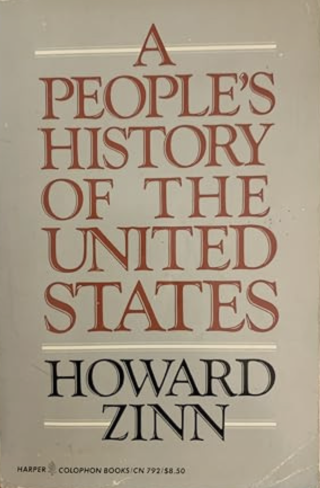“If love of the nation is what drove American historians to the study of the past in the nineteenth century,” the Harvard historian Jill Lepore writes, “hatred for nationalism drove American historians away from it in the second half of the twentieth century.” The discipline became obsessed with micro-topics dictated by identity politics, dismissive of the lay reader, and, of course, hostile to the nation as such.
Our schools have run the same course. In the nationalist period after the Civil War, the teaching of American history flourished after a sustained push to emphasize it in curricula. Before the war, only a handful of states required history instruction; by the turn of the century, a majority of states did. And it was explicitly patriotic.
According to the historian Merle Curti, the schools “emphasized the importance of presenting vividly and attractively to children the glorious deeds of American heroes, the sacrifices and bravery of our soldiers and sailors in wartime, the personalities of presidents, who might properly be regarded as symbols of the nation in the manner in which royal personages of Europe were regarded. By the 1890s, state after state was requiring by law that subjects deemed peculiarly fitted to inculcating patriotism, such as American history and civics, be taught on every educational level below the college.”
As the long nationalist era after the Civil War faded, so did the emphasis on patriotism in instruction. Patriotic themes disappeared from school readers steadily throughout the 20th century, and history itself has begun to vanish from our education system.
Less than a fifth of colleges and universities require their students to take an American-history or -government course. Of the top colleges and universities in the country, only a fraction require even history majors to take a course in American history, although they often have geographic distribution requirements (which helpfully exclude the United States). Gender, racial, class, and environmental history have captured the heart of the academy.
Worse, of course, there has been a deliberate effort to trash America’s statesmen and heroes as exemplars of racism, sexism, and classism.
